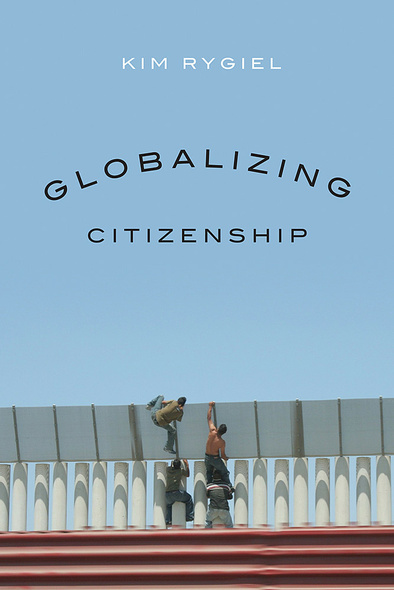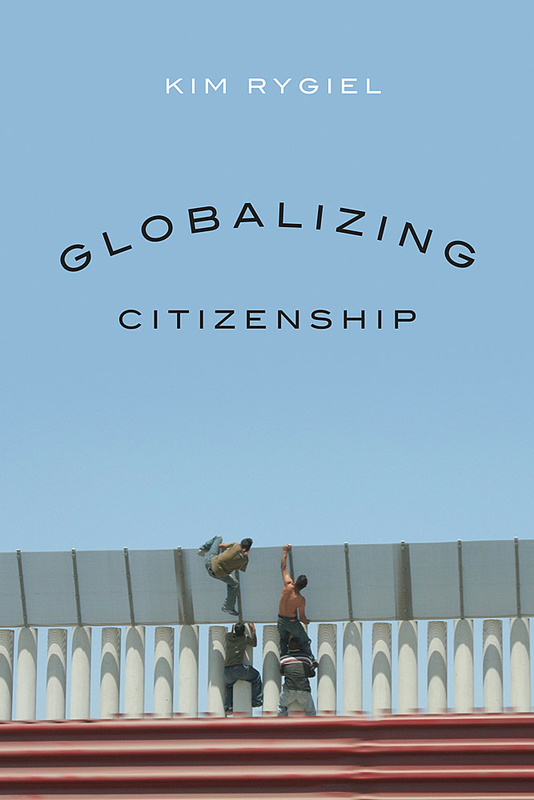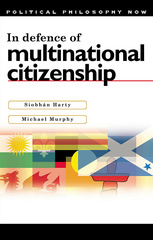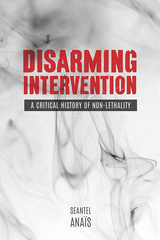
The events of 9/11 and its aftermath exposed and enhanced tensionsbetween the global capitalist system and the territorial nation-state.Governments and policy-makers more than ever struggle to governpopulations and manage cross-border traffic without building newbarriers to trade and commerce. What does citizenship mean in an era ofheightened globalization and enhanced security? Is it in crisis?
In Globalizing Citizenship, Kim Rygiel explores thesequestions by examining border and detention policies in the UnitedStates, the United Kingdom, Canada, and Australia as part of a largerpolitics of citizenship, one that preceded 9/11. Building onFoucault’s concept of biopolitics, she argues that citizenship isbecoming a globalizing regime to govern mobility and access to rightsand resources as nations in the global North harmonize border anddetention policies, outsource state functions and power tointernational organizations and private companies, and rely ontechnologies to discipline the individual biological body.
This theoretically sophisticated and empirically grounded study ofborder controls and detention practices reveals that the new mobilityregime is not only deepening boundaries based on race, class, andgender, it is causing Western nations to embrace a more technocratic,depoliticized understanding of citizenship.
This book will be of interest to scholars and students ofinternational relations, political science, globalization, citizenship,sociology, and law and anyone who wants to understand the implicationsof post-9/11 border controls and travel policies.
Awards
- 2011, Joint winner - ENMISA Distinguished Book Award, International Studies Association
- 2011, Shortlisted - International Prize, Canadian Political Science Association
There is a strong demand for sustained critical engagement with the contemporary securitization of citizenship and with the state’s related reliance on practices of detention and expulsion. Globalizing Citizenship will make a substantial contribution to this recently burgeoning field of discussion.
Globalizing Citizenship is an important contribution to analyses of the intensifying practices of detention, border control, and biometrics that structure the global mobility regime. Rygiel’s concept of globalizing citizenship is extremely compelling and will motivate an engaged scholarly debate.
1 Introduction: Globalization, Security, and Citizenship
2 Citizenshipin Crisis? Rethinking Citizenship as Government and Resistance
3 GlobalizingCitizenship: Governing Global Mobility through Citizenship
4 SecuritizingCitizenship: Citizenship as Biopolitics
5 MobileCitizens and Systems of Surveillance: Border Controls as Technologiesof Citizenship
6 (Un)MakingCitizens and Abject Others: Detention Practices as Technologies ofCitizenship
7 Conclusion:Towards a Politics of Citizenship as Resistance
Notes
References
Index






